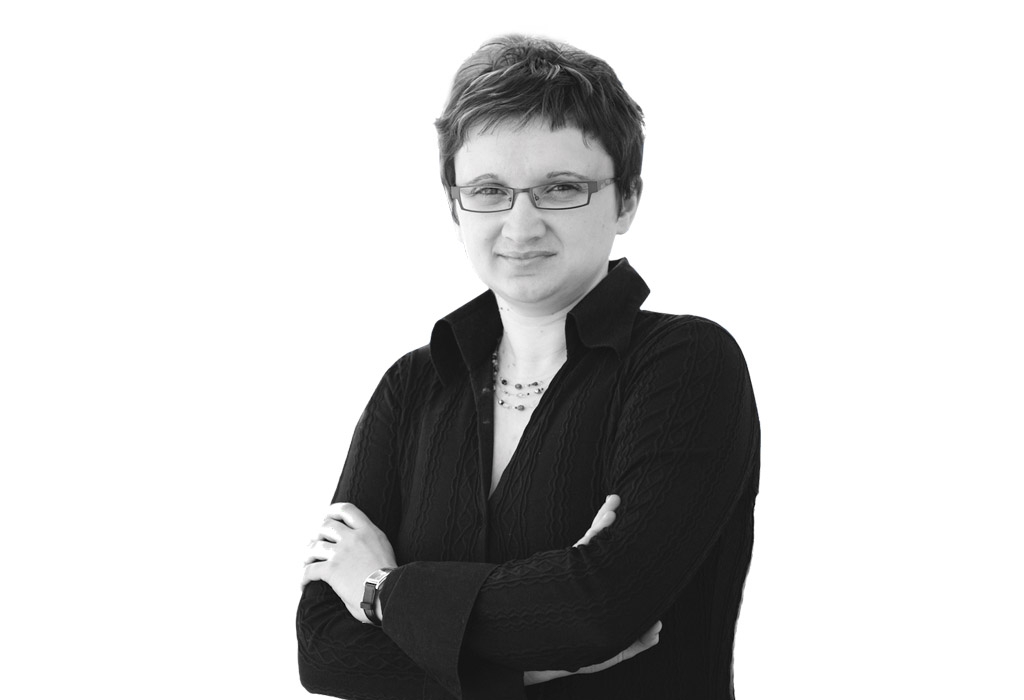In March 2018, the National Assembly of the Republic of Slovenia adopted the Law on Judicial Experts, Judicial Analysts and Court Interpreters, which will enter into force on January 1st 2019.
Unfortunately, we do not find any provisions in the law on the criteria that the court should apply for appointing experts: alphabetically, randomly, by territory or otherwise. This choice continues to be completely left in the hands of the court. This raises serious concerns and doubts for the parties in the proceedings about the impartiality of both the court and the expert, especially in cases where certain experts are “selected” by the court and regularly appear in court proceedings. In such cases, the parties are entitled to think that the the court and the expert are allied and that the expert fulfills the expectations of the court, rather than doing his job completely independently and impartially. The accumulation of rules and bodies, according to Parkinson’s law, is also reflected in the repetition of patterns from the time of the socialist self-management: the so called Expert Council is supposed to oversee the work of experts and report to the minister once a year. So far, the field of experts, evaluators and interpreters has been fully mastered by some employees from the Ministry of Justice.
Now, the Expert Council will be composed, according to the self-management model, by external, internal and other members. The law does not solve one of the essential issues of expertise in civil procedures, namely, supplying them with funds for their work. We should mention here that, for example, a disabled person, treated incorrectly at the University Medical Centre, was asked by the court to provide in a months’ time an advance of 20,000 euros for a foreign expert, for the translation of the documentation. This is a mission impossible and it has nothing to do with a social or just state. When it comes to psychiatrists, the law does not provide adequate professional education or training in their selection by the court as experts. A possible alternative, it should me mentioned, is the example from Croatia. There, they have long been acquainted with special training in forensic psychiatry, the Centre for the Implementation of Psychiatric Experiments is in charge of the training at the Psychiatric Clinic Vrapče.

